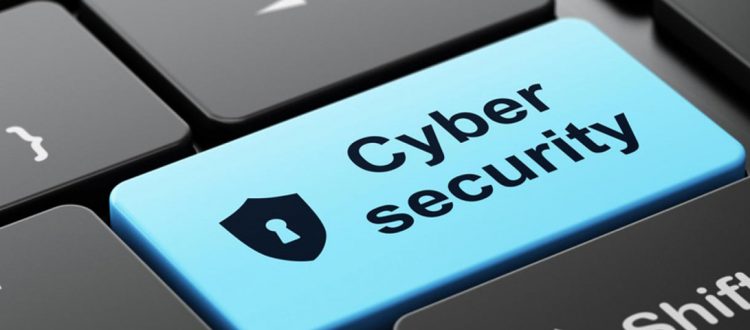Five Actions to Take to Improve Your Shop’s Cybersecurity
On April 17, FTD hosted “Five Actions to Take to Improve Your Shop’s Cybersecurity,” a live webinar presented by Michael Boucher, FTD’s Senior Director of IT Risk Management. Weren’t able to join us for the webinar? We’ve captured the highlights for you in this blog post.
During the webinar, Michael presented techniques to use to improve your ability to prevent and swiftly respond to cybersecurity incidents. We’ve included the video if you’d like to view the webianr in its entirety or you can read on to learn more.
Why is cybercrime such a problem?
There are multiple reasons. For starters, it’s easy to do. All that is needed to break into cybercrime is a computer with an Internet connection. Would-be criminals can easily find information on committing attacks on the Dark Web or even rent attack systems.
Other reasons include:
- Cybercrime is relatively anonymous. Criminals can hide their identities by compromising other companies’ infrastructure and using weaknesses in systems to launch their crimes.
- Cybercrime is low– Unlike in-person crimes, cybercriminals don’t run the risk of running into someone who will try to stop them, or having the police show up at the scene. Many attacks also come from overseas, which makes prosecuting them more complicated.
- It’s very profitable. Recent studies estimate that cybercriminals can earn upwards of two million dollars a year.
- Threats evolve quickly. It’s a challenge to keep up with daily software and hardware vulnerabilities, understand the risk they pose and then shut them down in a way that doesn’t cause other problems.
- Social and political reasons. Hackers have a big influence on today’s society and can exert tremendous pressure over well-known individuals and companies.
How can you protect your system?
Michael’s biggest recommendation for preventing an attack on your shop is to keep your business and personal life separate. You should have a dedicated computer for processing orders and use a separate computer for emailing and browsing the Internet. This reduces the risk of critical systems being infected by ransomware or other computer viruses, which can cause systems in the shop to stop working.
You should also be cautious when transferring files between computer with a USB drive, as computer viruses can move to other computers via USB.
Phishing
Phishing is one of the most common ways that hackers can compromise computers. Using phishing scams, hackers can send thousands of emails an hour and only need a few people to respond to become profitable.
In phishing scams, the person sending the email will commonly pose as a reputable business and encourage you to click on a link or open an attachment, frequently enticing you with the promise of money or a package that cannot be delivered without your consent. By clicking on these links and attachments, you run the risk of installing dangerous software.
The following can be red flags of phishing emails:
- Generic subject links
- Suspicious-looking website addresses
- The improper use of copyright info
- Poor grammar and spelling
- Unnecessary urgency (“You must click right away!”)
As a rule, FTD will never send you emails encouraging you to click a link to download software updates. We appreciate you notifying us of any suspicious-looking emails that are purportedly sent by FTD so that our team can investigate them.
Patching
 Software patches, which are created by software developers, help ensure that all of your security programs and operating systems are up to date. To make sure they are being pushed out to your system as quickly as possible, enable automatic updates on your computer. If you have any questions about the patches that are pushed to your FTD Mercury software, you can contact the Mercury Technology Assistance Center at 888-309-2244
Software patches, which are created by software developers, help ensure that all of your security programs and operating systems are up to date. To make sure they are being pushed out to your system as quickly as possible, enable automatic updates on your computer. If you have any questions about the patches that are pushed to your FTD Mercury software, you can contact the Mercury Technology Assistance Center at 888-309-2244
 Anti-virus software
Anti-virus software
Anti-virus software scans your computer’s memory for certain patterns that could indicate the presence of malware. This software can detect and block many viruses before they infect your computer. If you have anti-virus software installed on your computer, it is critical that you update it regularly because new malware is identified daily and the software can only block known viruses.
 Back up your files
Back up your files
Remember the adage about not putting all of your eggs in one basket? It’s true for your files as well. If you have a computer, you need to acknowledge that there’s always a possibility that you could lose your data to ransomware or another technology failure. Michael recommended developing a backup program using the 3-2-1 method. This includes:
- Three copies of backed up data, with
- Two copies on different media and
- One copy stored off site.
FTD University offers a robust lineup of FREE webinars. To view future webinar topics and register, please visit www.FTDi.com/FTDUniversity.
0
















